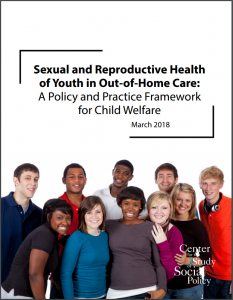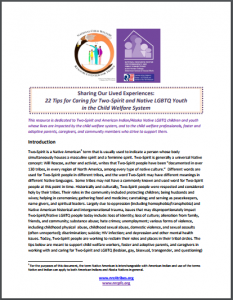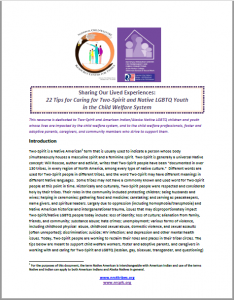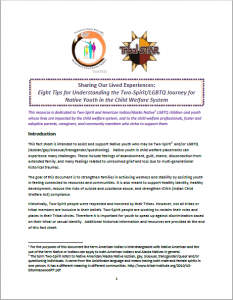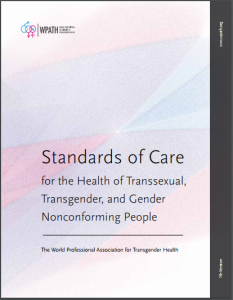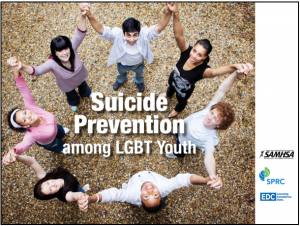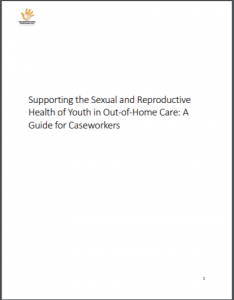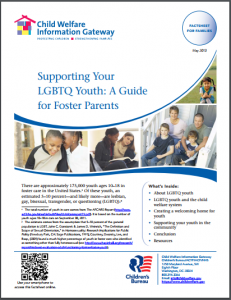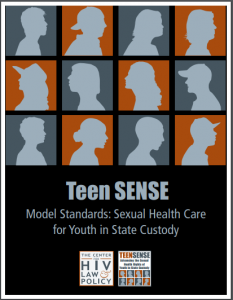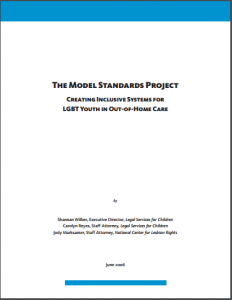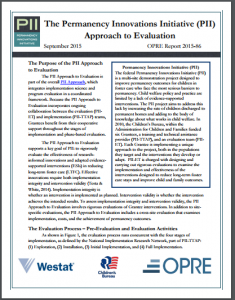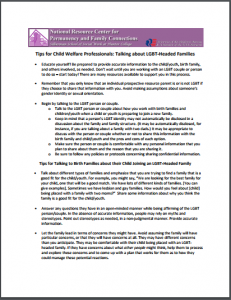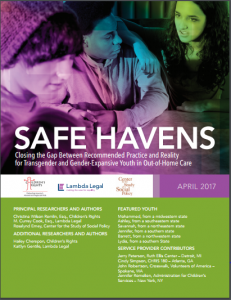 This new report offers the first comprehensive analysis of the troubling lack of explicit laws and policies in most states to protect transgender, gender-expansive and gender non-conforming (TGNC) youth in the child welfare, juvenile justice, and runaway and homeless youth systems (“out-of-home care systems”). The report is co-authored by Lambda Legal, Children’s Rights and the Center for the Study of Social Policy.
This new report offers the first comprehensive analysis of the troubling lack of explicit laws and policies in most states to protect transgender, gender-expansive and gender non-conforming (TGNC) youth in the child welfare, juvenile justice, and runaway and homeless youth systems (“out-of-home care systems”). The report is co-authored by Lambda Legal, Children’s Rights and the Center for the Study of Social Policy.
Lambda Legal, Children’s Rights and the Center for the Study of Social Policy.




